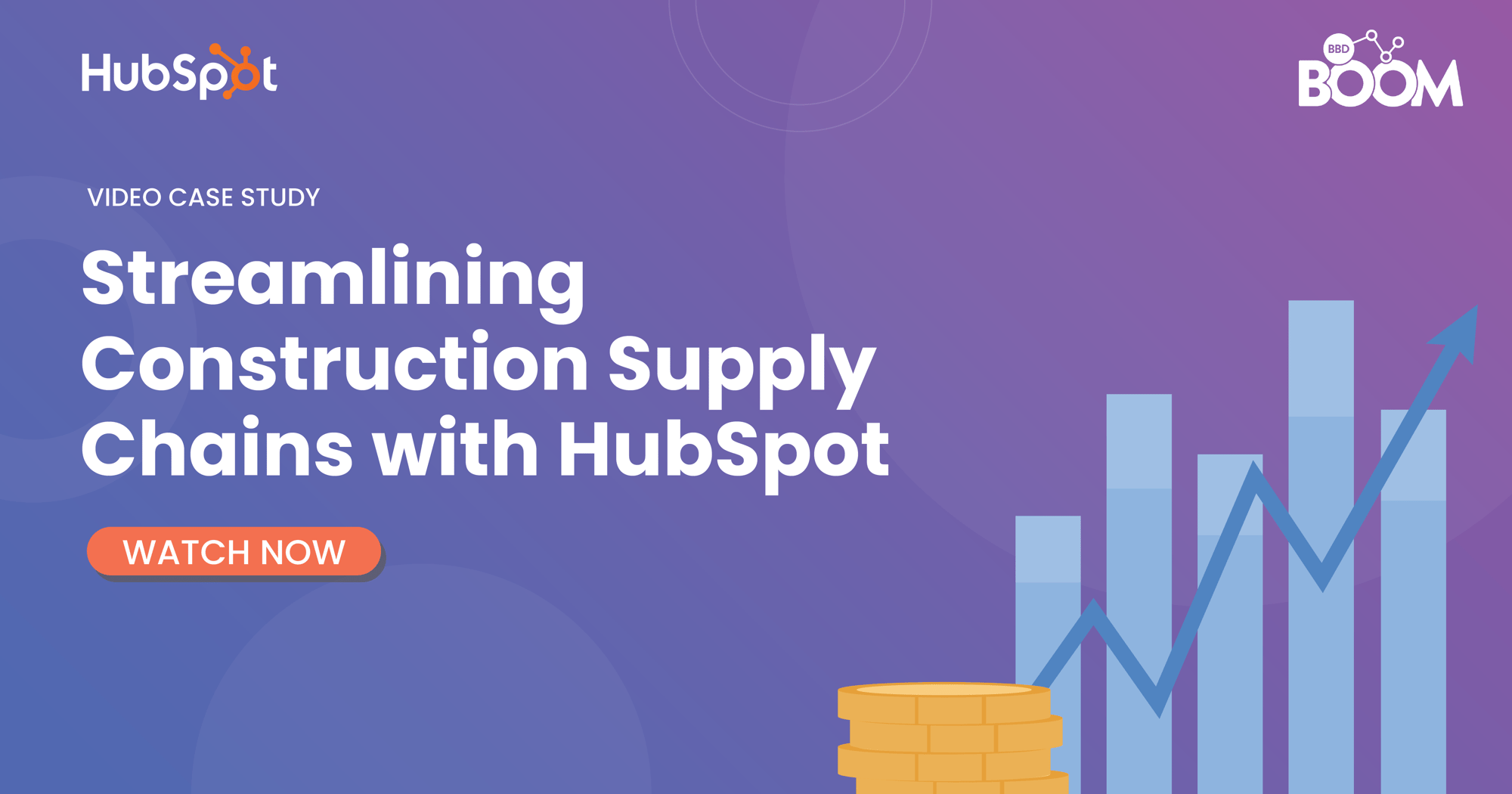In the world of sales, the prospect’s demands, choices, and opinions are always shifting. So with this ever-changing landscape, you need an ever-changing outlook to turn these prospects into paying customers. If you are still loyal to the sales funnel (a system that hasn’t changed in years), you might be losing out on some very attractive opportunities. Here’s a small article through which we’ll dive into:
- What the sales funnel is and what are its limitations
- What the HubSpot Flywheel is and why we recommend it
- Why we think you should make the shift to the HubSpot Flywheel
So, what is the sales funnel?
The sales funnel is typically a six-step process that begins with awareness and takes the user to the next steps of discovery, evaluation, intent, purchase, and loyalty. This has predominantly been a marketing 101 strategy, with many organisations around the world still using and relying on it. The reason for this is that it’s a tried and tested method and in most cases, it does no wrong. Unfortunately, in today’s landscape, it doesn’t do many rights either.
The very thing that a sales funnel relies on can be the cause of its failure. Not every customer journey may begin at the stage of ‘awareness’ and end at the stage of ‘purchase’ and/or ‘loyalty’. For example, if you planned to buy a car and had certain models that you had your eyes set on, this effectively puts the prospective buyer in the ‘intent’ stage, however, purchasing a car is a huge decision, so you might go back and do some research on other cars before you go ahead and buy the car of your dreams. Now, this puts you as a prospective buyer, back up on the stage of ‘evaluation’ and ‘discovery’.
The point being, the sales funnel is a strict methodology that gets disrupted if a customer doesn’t follow an exact journey that has been planned out for them. Furthermore, it suggests the idea of treating the customer like an output, when in reality, you'll have a more effective and evergreen strategy if you treat your customers like an input too.
How can HubSpot Flywheel help?
The HubSpot Flywheel takes the best parts of the sales funnel. As the name would suggest, this structure doesn’t funnel out prospective customers, but is based on the concept of being an energy-efficient wheel. For example, when you see the wheels of a car move, the momentum increases with speed. That momentum is your happy customers who will bring you speed if you attract, engage, and delight them.
The key stages of the Flywheel are to attract, engage and delight. At the centre of the wheel, there lies your growth. The more you attract, engage and delight your customers, the more referrals they’ll bring in; and the more speed you’ll gain, there will be better momentum in your business.
Effectively, this wheel churns and makes strangers into prospects, prospects into customers, and customers into promoters (who will again bring new strangers to your wheel).
Why are people moving away from the sales funnel and how does the HubSpot Flywheel prove to be a better alternative?
The sales funnel and the HubSpot Flywheel are both based on the same idea, but look at things from a different perspective. Here are some of the ways through which the sales funnel and the HubSpot Flywheel differ in their approach:
1. Sales Funnel focuses on the output, whereas the HubSpot Flywheel focuses on the input.
The sales funnel opens wide to add all the possible leads in its system. As the days go by, your sales team spends their time and efforts to make those leads into customers. Eventually, a few of them do become your customers, but once the sale is made, they’re never to be seen again. A Flywheel, on the other hand, places customers as the input. The entire model of a HubSpot Flywheel is to impress your customers to such an extent that they stay with you for life (and bring other potential customers along with them). Meaning that you save time and effort on finding new leads and funneling them out. Here, sustainability is key.
2. The funnel has a strict roadmap, whereas the Flywheel includes prospects irrespective of whichever stage they’re at.
The funnel has clear points to start and stop and it even maps out an entire customer journey for their prospects to walk on. That may work in the ideal world, but in the real world, every customer journey is unique. The HubSpot Flywheel understands that and hence allows your prospects to enter, leave, and begin their journey at whichever stage they please. This system not only allows your sales team to focus on the leads that will get you the best results, but at the same time, leaves your prospects with a positive experience that will make them reconsider your brand at a time when they do wish to make a purchase.
3. A Sales funnel divides your team; HubSpot Flywheel integrates your team into one system.
For a moment though, let’s just forget about your customers and let’s focus on your internal team. A funnel can have many parts – a marketing funnel, a customer service funnel, a sales funnel, a what-not funnel – this system basically divides your teams (and their efforts) into many parts and thereby creates disconnectivity and errors in handover. No matter what kind of business you’re in, this can be a detrimental way to move forward. When we speak of a Flywheel, all your teams are integrated into one system and they help your Flywheel spin together. This not only creates better support for your teams but also creates a better customer journey.
So, is this the end of the sales funnel?
No, maybe not. Many organisations across the world will still continue using it. The thing is, the sales funnel is not a bad system at all, it is based on a good idea and a good concept, and when it launched, it was considered to be revolutionary. But a lot has changed since then – your customer’s behaviours changed, the way of conducting business changed, and better models and better methods came into focus – them being the HubSpot Flywheel structure. Like we mentioned, the Flywheel is fundamentally based on the same idea as the funnel, but it just has higher provisions for growth, better opportunities for team alignment, and looks at the customer’s journey with a more modern perspective.
How can we help?
BBD Boom has a strong history of helping clients build strategies that work for them. Because we are a HubSpot Diamond Partner, the HubSpot Flywheel is one of our core competencies, and it has been highly effective in helping our customers get the output they need.
If you are a business owner that wishes to see more leads come their way, we can help you achieve that. Get in touch with one of our team members, and we’ll help you design a customised strategy that works best for you and brings the results that you need.

.png)



.jpeg?width=50&name=1573666887630%20(1).jpeg)

.jpeg?width=90&name=1573666887630%20(1).jpeg)


